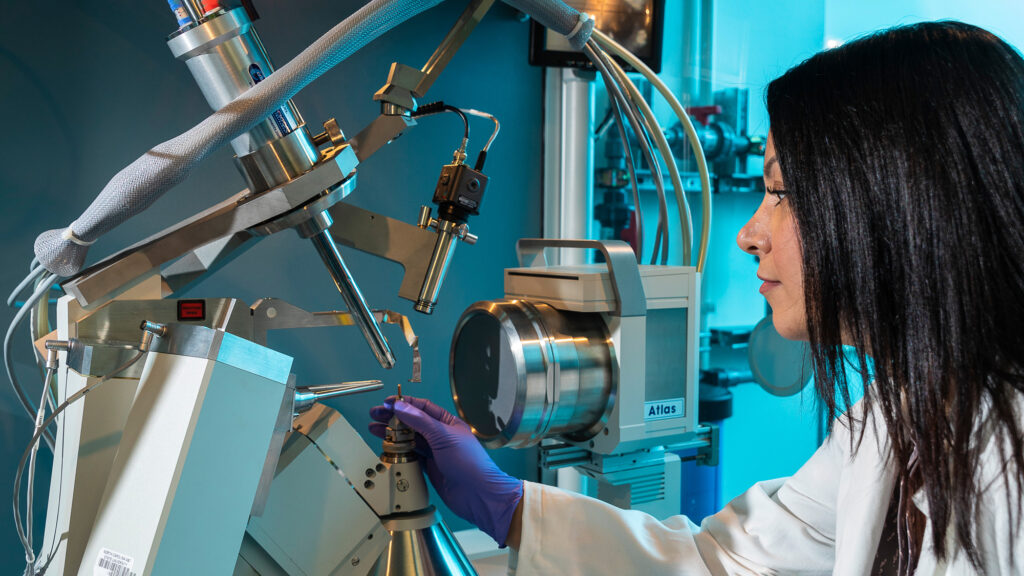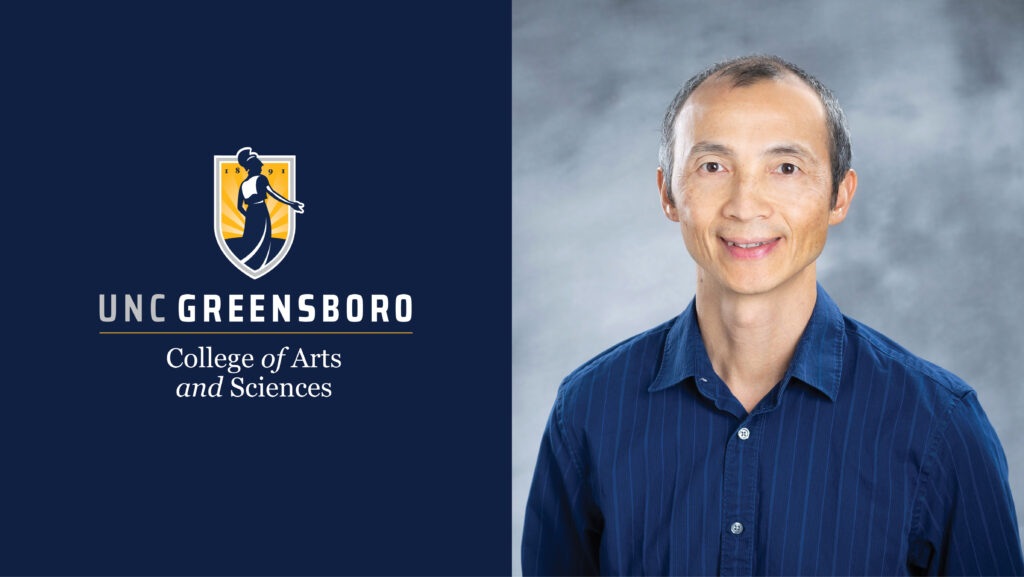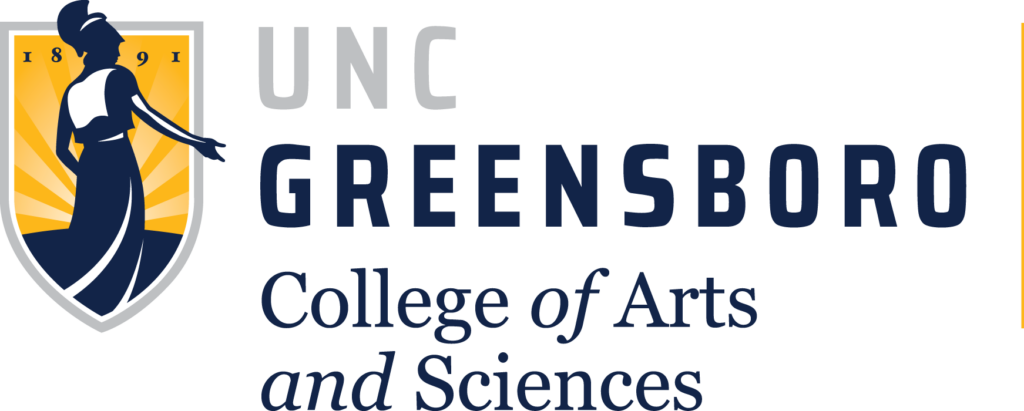Dr. Nadja Cech, Patricia A. Sullivan Distinguished Professor of Chemistry, has received more than $210,000 in NIH funding for her continued work on “The Center for High Content Functional Annotation of Natural Products,” a project led by the University of California at Santa Cruz (UCSC).
Read more about Dr. Cech’s work here: https://research.uncg.edu/spotlight/research-is-teaching-for-excellence-winner-dr-nadja-cech/
The project abstract, retreived from NIH RePORTER, provides more info:
It has been well documented that the outcomes of success for botanical clinical trials have been poor, leading to greater effort into understanding the basic mechanisms underlying their activity. While it is often hypothesized that botanicals or other complex mixtures work through synergistic or additive processes, there are few proven examples. There is also growing belief to support the role of gut microbiome metabolism for generation of active metabolites, however, relatively few experimental results back this up. This is driven by limitations in obtaining clear biological signatures in relevant biological assays, in accurately defining the chemical constitution of complex mixtures, and in the informatics approaches to bring these disparate data types together. This proposal aims to address these important questions by the development and implementation of technology platforms. In project 1, we will employ highly innovative orthogonal cell-based high content phenotypic screening approaches in primary macrophages, epithelial cells, primary neurons, which will give us comprehensive coverage of signaling pathway and receptor that are believed to be relevant to botanicals. These platforms aim to link botanicals/bioactive molecules of interest together with information about their molecular targets. These platforms have been demonstrated to work with complex mixtures as well as pure compounds and are supported by the development of bioinformatic approaches that allow integration of orthogonal biological activity. Our second project will take advantage of developments in untargeted metabolomics, along with feature reduction, to have a robust pipeline to clearly define the constitution of complex mixtures. Our third project specifically addresses the question of synergy and additivity by the development of informatics approaches that use the comprehensive biological and chemical signatures generated in the other projects. In this project, we will develop universal tools that will allow the community to probe their own biological and chemical assay results to generate compound/activity maps. This program will deliver critical technology platforms for the in-depth study of botanicals and natural products and deliver tools that can be used by the community.
The proposed program aims to develop new technologies that will allow advancements in the chemical and biological understanding of botanicals and natural products that are used for the improvement of health and the potential treatment to a wide range of disorders. As part of the development of these new technologies, we aim to provide a greater understanding of how multiple constituents in a botanical or natural products work in synergy to provide a biological activity. Overall, this program will help provide greater basic understanding of the molecules that are part of a $17 billion healthcare industry that currently has a number of outstanding questions.





